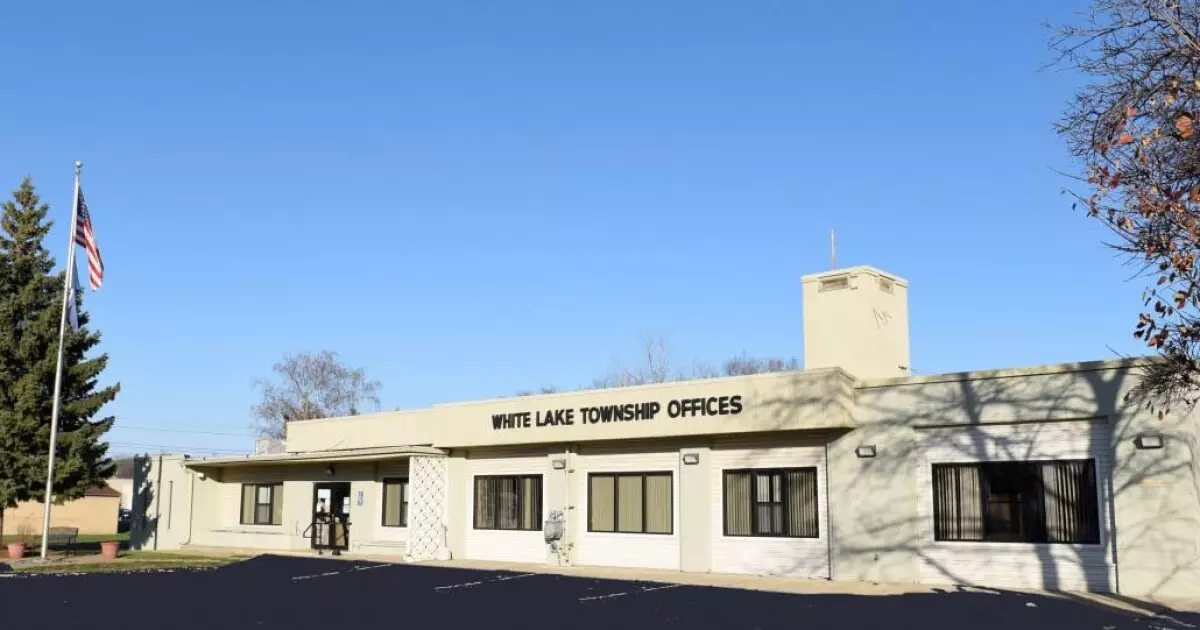In November, White Lake Township, Michigan fell victim to a significant cybersecurity breach that led to the cancellation of a $29 million bond sale intended for critical infrastructure development. This incident involved a deceptive maneuver where hackers compromised the email account of a township official, resulting in fraudulent wire instructions being misdirected to a criminal’s account instead of the intended recipient. Such a lapse in security not only disrupted a vital financial operation but also highlighted the vulnerabilities present within municipal cybersecurity frameworks.
This breach occurred during a period of increasing sophistication in hacking techniques, raising alarming questions about the preparedness of local government entities in safeguarding financial transactions. The township’s Police Chief, Daniel Keller, confirmed that no bonds were issued nor funds received due to the hack, marking a critical setback for municipal projects reliant on this financing.
In light of this disturbing event, White Lake Township is making determined efforts to recuperate from this setback and is set to launch a new financing plan to construct a civic center, alongside other essential infrastructure projects. The township has swiftly moved to initiate a $29 million limited tax general obligation bond sale, this time opting for a negotiated sale rather than the previously attempted competitive sale. Leading financial firms like Stifel and JPMorgan have been engaged to oversee this new bond issue, signifying a strategic pivot in the township’s approach.
Understanding the gravity of the situation, municipal advisors and legal counsel are working diligently to fortify the bond sale process against potential future cyber threats while ensuring compliance with legal and regulatory standards. The involvement of Baker Tilly as a municipal advisor emphasizes the township’s commitment to developing robust safeguards in its financial dealings.
The Importance of Cybersecurity in Public Finance
White Lake Township’s hack serves as a sobering reminder of the cyber threats that public finance sectors face. It is notable that this is not an isolated incident; other attempts at hacking municipal financial transactions have occurred but often remain undisclosed. Such secrecy continues to expose local governments to potential vulnerabilities. The increasing complexity of cybercrime calls for heightened vigilance and the establishment of comprehensive cybersecurity protocols.
Experts like Omid Rahmani from Fitch Ratings underline the pressing need for the public finance sector to proactively address cybersecurity challenges. Industry-wide best practices must be formulated, ensuring that municipal entities safeguard their financial systems against future attacks. Conferences and discussions among finance professionals are crucial for developing a collective approach to combat the rising tide of cyber threats.
Financial Repercussions and Legal Considerations
Despite the setbacks, the township’s financial standing appears to remain stable, with S&P Global Ratings maintaining its AA-plus rating for the Series 2025 taxable GO bonds. This stability stems from the township’s full faith, credit, and resources pledge, illustrating the resilience of its financial management in the face of adversity.
Nonetheless, the incident has spurred concerns related to financial liabilities, especially since legal avenues remain open for those affected by the breach, including potential claims by the winning bidder, Robert W. Baird. As investigations continue, the township’s legal and investigative costs will be mitigated by its cyber insurance policy; however, the recovery of the full purchase price is still uncertain, creating a lingering aura of financial insecurity.
In its aftermath, the White Lake Township hack has compelled local government officials to evaluate their cybersecurity infrastructure rigorously. Steps to bolster these defenses are not just about recovery but also about preparing for the unpredictable future. With the township engaging Baker Tilly to assess their current practices and make necessary adjustments, the aim is to enhance their cybersecurity posture significantly.
The township’s management has recognized the need for composite strategies that encompass better password security, comprehensive training for staff, and rigorous monitoring of digital communications. These measures are integral to preventing a recurrence of such a debilitating incident. S&P’s assessment of the township as having “above-average management” is reflective of its proactive stance—but the incident serves as a critical lesson for all municipal entities about the importance of cyber readiness in maintaining trust and financial stability.
As White Lake Township navigates this challenging landscape, it must continue to foster an environment of transparency and collaboration among stakeholders to confront security risks. The commitment to learning, adaptation, and resilience will ultimately dictate the township’s ability to thrive in an increasingly digital and interconnected world.


Leave a Reply